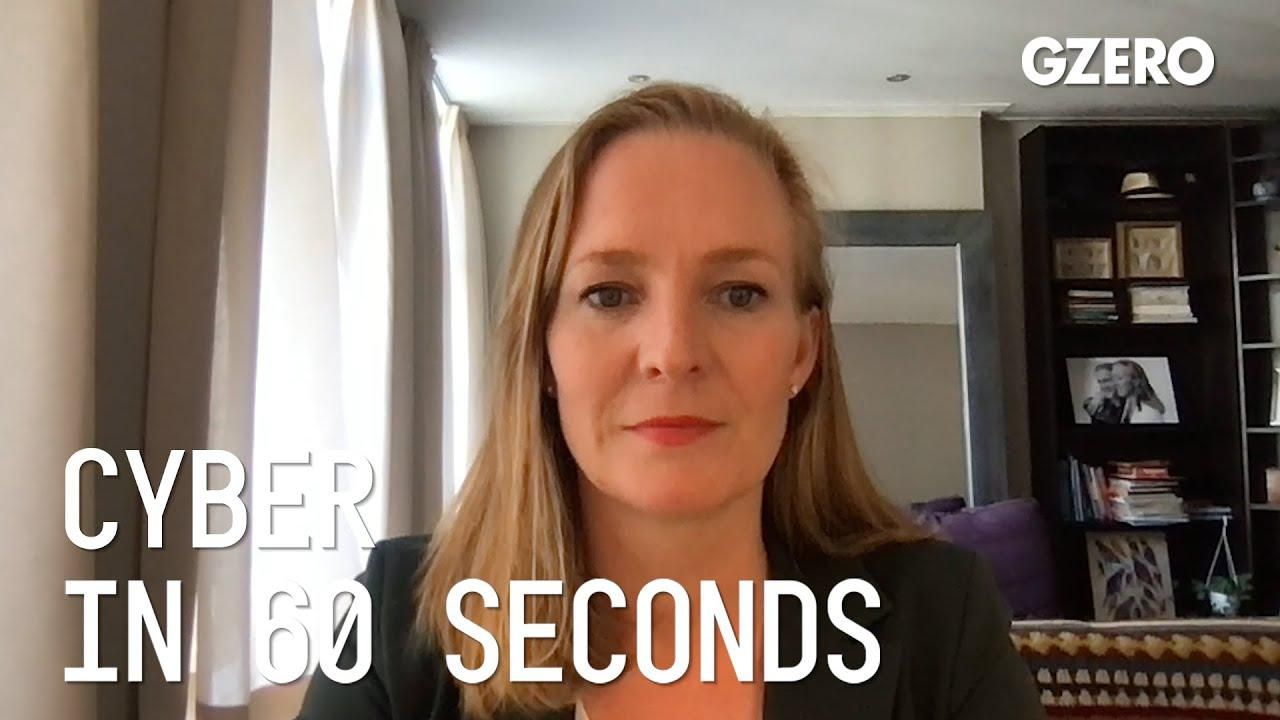Cyber in 60 Seconds
Biden’s executive order cracks down on Big Tech and protects consumers

Biden’s Executive Order Cracks Down on Big Tech & Protects Consumers | Cyber In :60 | GZERO Media

Marietje Schaake, International Policy Director at Stanford's Cyber Policy Center, Eurasia Group senior advisor and former MEP, discusses tech policy in the United States and the new White House executive order with no less than 72 competition enhancing measures.
How will Biden's executive order crack down on big tech?
The answer is in almost every way. The order clearly seeks stronger antitrust enforcement with specific provisions on data and the impact of its assembling on privacy. The order asks for new rules on surveillance from the FTC but will also allow for assessments of not only future but also past mergers. And that is important because the very wealthy, very powerful tech companies are known to buy up competitors that they may fear, and through those mergers grow their data piles. So, the executive order must cause concern in Silicon Valley. The order goes on to restore net neutrality, which is crucial for smaller companies and noncommercial websites. And the position of consumers improves with the possibility to have products repaired or to see others doing that, which is a practice that is often banned today. So once these various measures are in place, the public interest, innovation, consumer rights, and privacy protection should be better safeguarded from abuse of power by big tech.
100 million: The number of people expected to watch the Super Bowl halftime performance with Bad Bunny, the Puerto Rican superstar and newly minted Album of the Year winner at the Grammys.
Think you know what's going on around the world? Here's your chance to prove it.
An imminent US airstrike on iran is not only possible, it's probable.
Americans are moving less — and renting more. Cooling migration and rising vacancy rates, especially across the Sunbelt, have flattened rent growth and given renters new leverage. For many lower-income households, that relief is beginning to show up in discretionary spending. Explore what's changing in US housing by subscribing to Bank of America Institute.